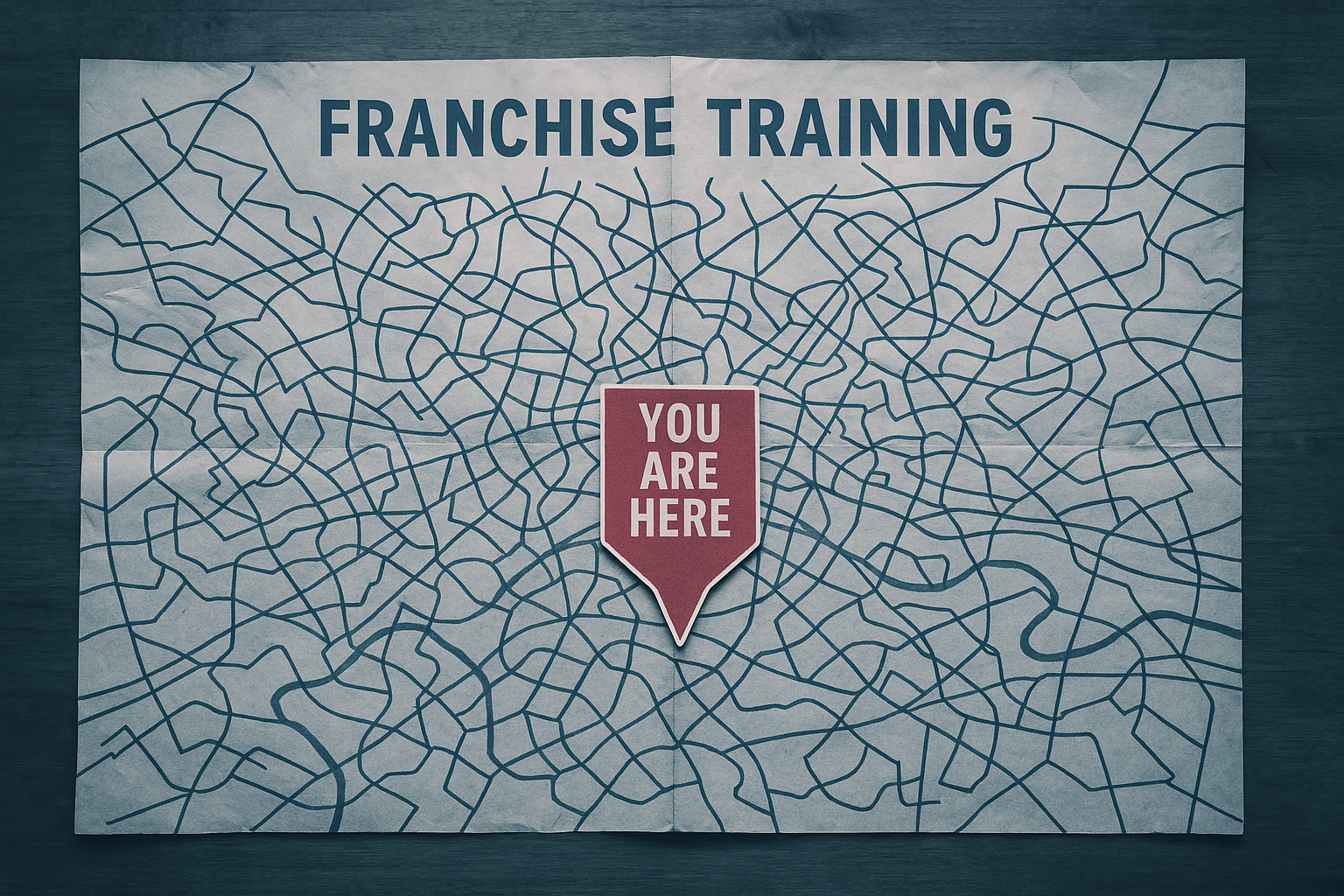Trends in the software industry often revolve around new technologies or capabilities, and the LMS (learning Management System) sector is no different. This year’s key trends in the LMS space are focused on the inclusion of Artificial Intelligence (AI) into the learners experience, the continued inclusion of analytics into learning, and continued integration with advanced Business Intelligence (BI) and reporting services.
While these new capabilities are sure to provide new ways to deliver training, and better learner experiences, they are focused on features and functions and not on what truly matters, and that is driving business performance and getting value out of training — which is at the core of training in the extended enterprise.
So, what are the trends that will impact extended enterprises?
Maximizing the Business Value of Your LMS
The human capital management suite of systems that extended enterprises are often using to support external training requirements have steered away from proving the value their system provides. Operating a platform that tracks personnel and training isn’t enough anymore. These systems are expensive, and, in most cases, require multiple systems that are performing different functions to provide an incomplete solution.
You need to know that the investment you are making in training efforts is paying off. Additionally, you will want it to be relatively easy to identify how your training is impacting your bottom line to allow you to make real-time adjustments to your program to maximize not only your efficiency of training but your profitability as well.
Understanding the best way to leverage your learning management tools will make or break the business value of your training program even if that means starting over with a better tool altogether. You need a system that will be able to keep up with the dynamic nature and scale of extended enterprise while keeping tabs on how your training program impacts your KPIs (Key Performance Indicators). The systems that you are using should be able to measure the business value that they provide without any dependence on other systems.
Extended
Enterprise
Learning
Building Capabilities and Driving Performance Across the Value Chain
Get the eBookInvesting in Integration Capabilities
How are you analyzing the impact of your training program? Simply exporting data from your LMS that identifies what training has been delivered and comparing it against performance metrics doesn’t give you enough information to measure the impact of your program. How are you measuring your training against your KPIs to ensure that specific elements of your training are effective in the overall business goals of the organization?
When you are operating with multiple learning tools and systems, integration of these systems is vital to ensuring that you are getting the appropriate return on your investment. With connectivity among your learning tools, analyzing your metrics offers tangible data for you to keep a pulse on the health of your training program. You can make more informed decisions to fill gaps and improve the performance.
The Widening Talent Gap
The continued and growing concern that has impacted multiple industries over the last several years follows us into 2024 – The Global Skill Gap.
Technical industries and extended enterprises are hurting for talented technicians to meet the demands of our partners. There are billions of dollars in lost opportunities because there simply isn’t enough staff to make it happen.
The caliber of technicians that are entering the workforce has been steadily declining over the last few decades, as trade and vocational schools have lost popularity and momentum from graduating students.
Dealerships are no longer impressed with the quality of the technicians that are coming out of these trade schools. Only a few of the new technicians actually make it into the industry and those that do aren’t up to snuff. They are not adequately prepared for the work environment and still require a lot of time and money in training and development before they are competent enough to adequately perform in their role.
This is a growing problem and it is vital that we address it. What steps can we take as an industry to mitigate this issue? Some of the best examples are from those who have started their own apprenticeship and training programs within their organizations. These programs allow the enterprise to hire for the best fit for the culture of the company and train them to the specific skills that they will need.
These programs require and investment up front, but generate the quality and calibur of technicians that perform proficiently in their roles. During the apprenticeship programs, these technicians in training are even able to contribute to repairs and profitability of the organization.
The Support You Need to Stay on Trend
Having an extended enterprise LMS that can support the dynamic needs of your organization is the backbone of your training program’s success. A system that can be easily integrated with other tools and provide you with intricate metrics and data to measure the impact of your training program will give you the return on investment that you need from your training program.
LatitudeLearning offers all of this and so much more. With the ability to completely tailor the learning journey for each role, adapt to changes in regulation, and monitor accreditation and certifications of your technicians – it is a dream come true for the curation and delivery of your training materials.
LatitudeLearning also seamlessly integrates with external services to provide a central hub for training, data and analytics. With all of your information in one place, you can make data-driven decisions to improve the efficiency, delivery, and profitability of your training program.
Skills-based training is the way to bridging the skill gap, and LatitudeLearning shares the passion of many extended enterprises who are trying to fill this gap to better the industry we all share.
Learn more about our LMS and how we are working to help fill the skill gap in our RoundTable Talk with Brandon Hall on February 20.





